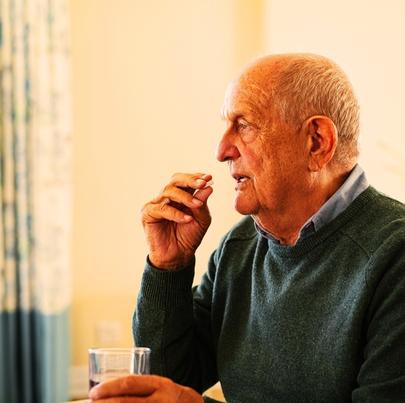The Centers for Disease Control and Prevention explains that there are over 15,500 nursing homes in the United States. Many patients in these facilities were placed there by their families, who believed their elderly relatives would receive excellent care. When these families suspect their loved ones are suffering abuse from their caregivers, they are often frustrated and angry. As any Chicago nursing home abuse lawyer would explain, there are options for those who suspect their elderly relatives are experiencing abuse.

Signs of nursing home abuse
According to the Office on Women’s Health, elder abuse is defined as placing an elderly person in harm’s way. This abuse may arise in an elderly person’s interactions with many types of people. Bankers, accountants and even spouses may be accused of abusing an elderly person. When abuse occurs at the hands of a trusted medical professional such as a physician, nurse or professional caregiver, it can be especially shocking.
Elder abuse does not always manifest in the same way. Some types of abuse may be blatant and easily identifiable, such as physical assault. Others may be much more subtle, such as verbal attacks, prescription overdoses, financial manipulation and neglect.
Illinois professionals are required to report suspicions of abuse
Under Illinois law, some professionals are legally required to report suspected elder abuse. These requirements apply if the allegedly abused person is not able to make a report on his or her own due to dysfunction. The types of professionals included in this law are those in social services, law enforcement, adult care, education, social work and state service to seniors.
The National Center on Elder Abuse notes, however, that some professionals may miss key signs of elder abuse. This results from the lack of training on properly identifying warning signs, as any Chicago nursing home abuse lawyer would know. In many cases it may not be possible to rely upon professionals’ reporting to identify and prevent nursing home abuse from occurring. As such, it may be important for family members to remain vigilant about their elderly relatives’ living conditions and overall health. Staying on the lookout for any warning signs of abuse—and reporting these suspicions if they are discovered—may be the best way of stopping nursing home abuse.
An underreported problem
The NCEA reports that elder mistreatment is a prevalent problem in home settings and nursing home facilities. Data from Adult Protective Services agencies, which exist in every state, indicate that elder abuse is a growing trend. Reports of such abuse have increased steadily over the past few years. In addition to this troubling information, many cases of elder abuse go unreported and uninvestigated every year. According to one study, the number of unreported abuse cases is estimated to be 13 times the amount of reported cases.
Additionally, self-reported elder abuse occurred more often in situations involving major financial exploitation. According to the NCEA, circumstances of neglect or emotional, sexual or physical abuse were reported less frequently. This may indicate that non-financial abuses are especially prone to underreporting.
If this problem is not addressed, may become much worse. The U.S. has recently entered a stage of population aging that the country had never before experienced. In 2010, the U.S. Census statistics for the elderly (age 65 and up) hit a record high of 13 percent of the population. According to estimates described by the NCEA, 20 percent of the country’s residents will be aged 65 or older by the year 2050. As many of these elderly people may require long-term care, the issue of nursing home abuse may become more pronounced.
Reporting nursing home abuse in Illinois
Those who believe any of these types of abuse are occurring in an Illinois nursing home have several reporting options. According to the Illinois Department on Aging, those who believe abuse is occurring in a nursing home may file a complaint with this department. These complaints are handled by the IDoA’s Central Complaint Registry, which investigates these allegations. Reports of suspected abuse may also be directed to the appropriate local Long Term Care Sub-State Ombudsman or the department’s Senior HelpLine.
Under the state’s Adult Protective Services Act, those who report suspicions of nursing home abuse are somewhat shielded from negative impacts. The law states that reporters cannot incur professional disciplinary action or legal liability, as long as the report was made in good faith. Reporters may also choose to make their reports anonymously, should they be worried about revealing their identities. If reporters do opt to provide their names to the HelpLine or an ombudsman’s office, those reporters’ identities cannot be disclosed in most situations. There are, however, certain exceptions to this rule. If the reporter provides written permission or a disclosure was ordered by a court, then the identity of the reporter may be disclosed.
Help is available
The elderly residents of abusive nursing home facilities often do not have the ability to defend themselves. This makes these abuses especially egregious. In addition, there is a strong likelihood that if no one stands up against these abuses, they will continue. While it may seem daunting to file a report against nursing homes, it is important to remember that doing so may save lives.
Filing an official complaint is one way of bringing attention to an abusive care facility. In addition, however, it may be possible to obtain compensation for injuries suffered by an individual resident. Those who wish to learn more about initiating this type of civil case may wish to speak with a Chicago nursing home abuse lawyer.







